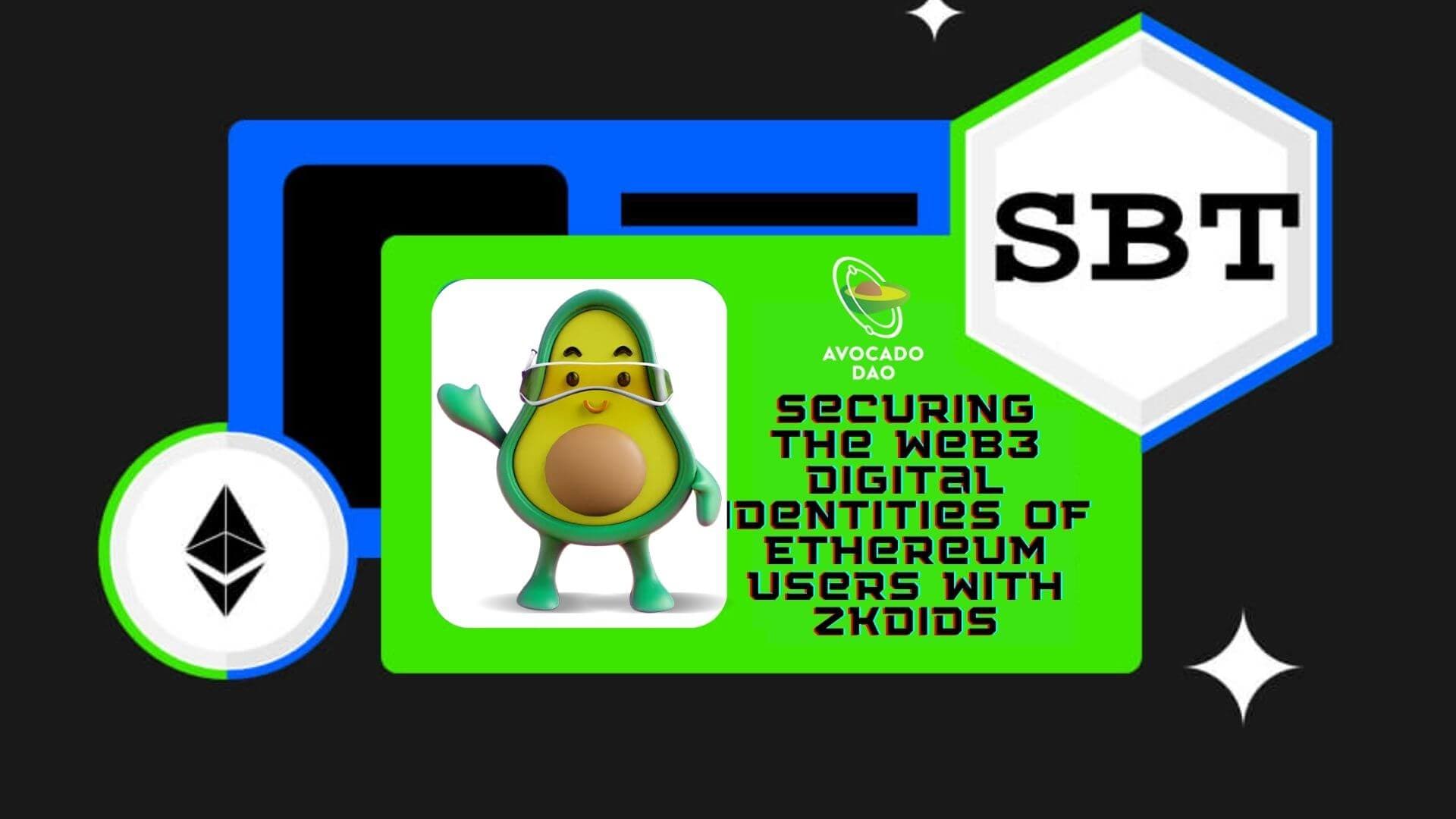
A level playing field is a key part of any game, more so a Web3 game in which every participant should be treated as equals. In this context, the co-founder of Ethereum, Vitalik Buterin, has developed the concept of a decentralized society (DeSoc). In simple terms, DeSoc refers to the devolution of control through the distribution of decision-making powers across a network of individuals or entities. This stands in contrast with Web2's framework under which control is concentrated in the hands of a few centralized entities, such as governments or corporations.
With the advent of blockchain, the concept of DeSoc is now a plausible reality as the technology facilitates the recording of transactions in a transparent and immutable manner. These records are then shared through distribution with network participants. However, before a member of a DeSoc can have a voice, they would first need to have an identity, which brings us to Soulbound tokens (SBTs).
Building a DeSoc in Web3 with SBTsAs our lives become increasingly premised in the digital sphere, our digital identities are set to play an increasingly important role. As the brains behind the concept of DeSoc, Vitalik Buterin has devised the idea of SBTs as digital assets uniquely associated with a particular user or character within a virtual world or blockchain-based ecosystem.
In his paper titled “Decentralized Society: Finding Web3’s Soul” (“the Paper”), Vitalik Buterin used the term "Soul" to highlight the unique and personalized nature of SBTs, which renders them to be neither exchangeable, tradable nor transferable. These features of SBTs boost the authenticity levels of digital identities, facilitating the verification of these identities. As for utility, SBTs can be used across wide cross-sections of Web3 horizontals as below.
 Web3 Horizontals of SBT Uses (Source: Avocado DAO)
Web3 Horizontals of SBT Uses (Source: Avocado DAO)
- Education Finance (EduFi)
SBTs can facilitate the verification of the identity, qualifications, or achievements of Web3 users through verifiable credentials.
- Gamification (GameFi)
SBTs can bind in-game items to the characters of Web3 gamers through the linkage between the digital identities of these gamers with their wallets in which the items are stored.
- Social Finance (SocialFi)
SBTs can transform Web3 user-generated content (UGC) into blockchain-based collectibles or digital art by facilitating the verification of the original creators of these collectibles and art pieces to ascertain their ownership rights.
The functions of SBTs in boosting the authenticity and utility of digital identities help pave the way for establishing a DeSoc in Web3. The use of zero-knowledge decentralized identifiers (zkDIDs) would add the extra functional element of privacy to SBTs without compromising on transparency.
Privacy-Proofing the Web3 Digital identities of Ethereum Users with ZkDIDsAs the name suggests, ZkDIDs combine the concepts of zero-knowledge proof (ZKP) and decentralized identifiers (DIDs). In simple terms, ZKP is a cryptographic technique that allows the proving that a statement is true without revealing the actual information which makes the statement true. As for DIDs, they are unique identifiers that can be used to verify information, such as public keys or other credentials, to authenticate digital identities without relying on any central intermediary. From a conceptual perspective, DIDs are based on the idea of self-sovereign identity (SSI), which is a digital identity model where individuals have complete ownership and control over their personal information including the use and sharing of these information with third parties.
Through the combined use of ZKP and DID, zkDIDs allow web users to have full control over the creating and managing of their digital identities by dispensing with the need for any central intermediary. In this manner, zkDIDs allow for the quadruple elements of user privacy and control as well as data transparency and security. Some notable use cases of zkDIDs on the Ethereum network are as below.
 ZkDIDs Use Cases on Ethereum (Source: Avocado DAO)
ZkDIDs Use Cases on Ethereum (Source: Avocado DAO)
- Polygon ID
Polygon IDs combine verifiable credentials with DIDs to allow users to interact with smart contracts without disclosing their personal information. As for developers, the EVM compatibility of Polygon IDs allows for their interoperability with decentralized applications (dApps) on the Ethereum network for identity verification without sacrificing user privacy.
- Sismo ZK Badges
Sisom's ZK Badges allow users to selectively share the verifiable credentials in their Data Vault with applications or services on the Ethereum network. In this manner, holders of ZK Badges can choose to only share the parcel of information required to access a specific application or service without disclosing their entire Web3 data history.
- ZkPass' zkSBT
ZkPass' zkSBTs are privacy-preserving tokens that operate using zkPass' composable identity protocol. The protocol leverages ZKP and multi-party computation (MPC) to introduce the element of programmable privacy into social relationships in Web3. MPC is a cryptographic technique that allows multiple parties to securely collaborate and compute a result without revealing their private inputs to each other.
The zkDID use cases on the Ethereum network would enable the approximately 10 million users of the network to enjoy Web3 services without sacrificing their privacy.
ConclusionThrough the concept of SBTs and the use of ZkDIDs, members of the DeSoc community can harness decentralization to protect their privacy. With this, Ethereum is leading by example by showing the way forward for the use of blockchain in realizing the user autonomy ideals of Web3.
With the digital identities of Web3 users being secured, Ethereum can proceed to unlock the full potential of Web3 which we would learning more about in our next course, "Ethereum as the Quantum Factor in the Web3 Equation."